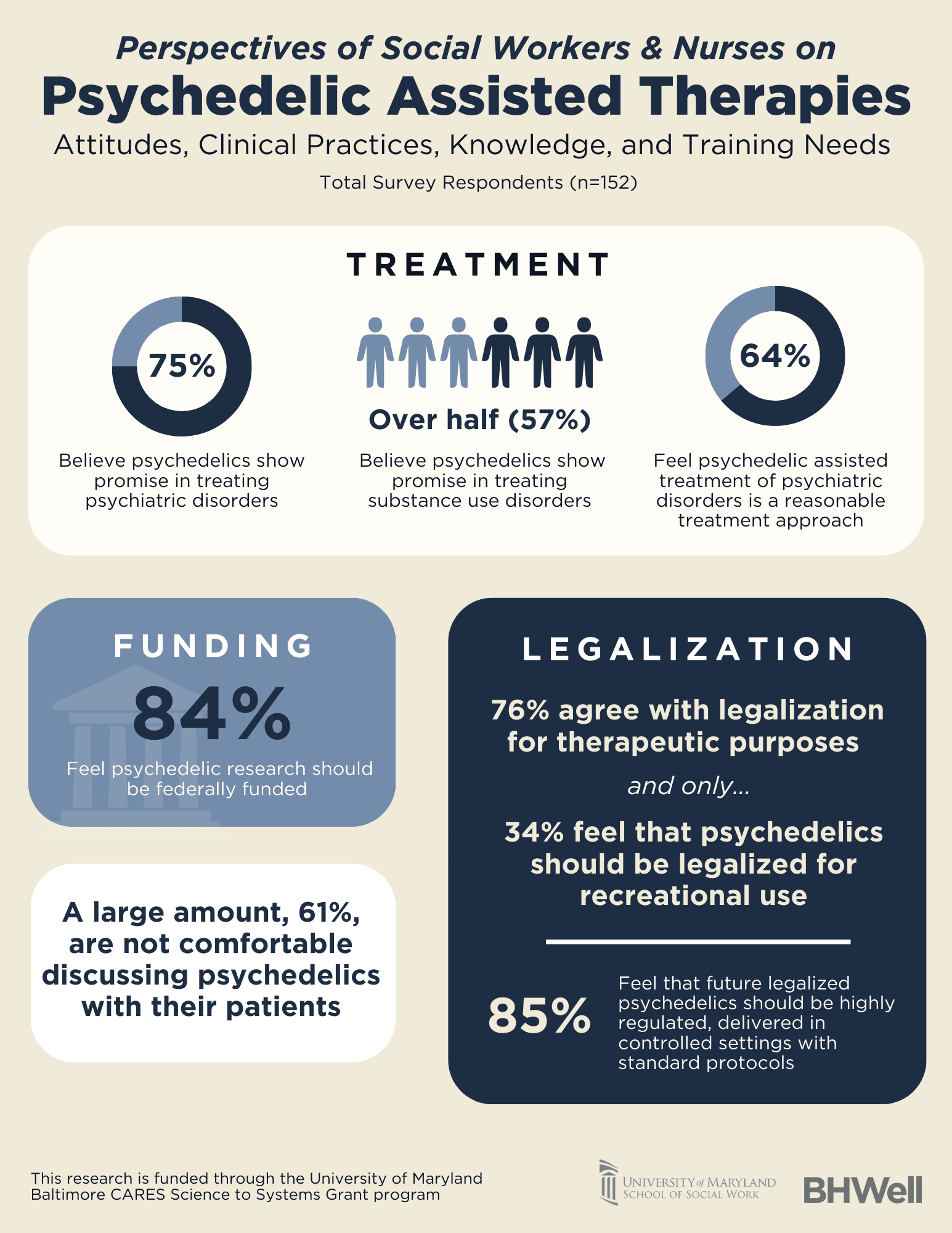Netflix Documentary Examines Psychedelic Therapies and Their Cultural Impact
A Netflix documentary spotlighting psychedelic assisted therapies is drawing renewed attention to the scientific, commercial, and cultural forces reshaping mental health treatment. The film and a CNN video that highlights it matter because they bring mainstream visibility to treatments that could alter how society addresses depression, PTSD, and addiction while exposing tensions over access, regulation, and cultural stewardship.
Listen to Article
Click play to generate audio

A new Netflix documentary that explores psychedelic assisted therapies has landed at a fraught moment for mental health care, bringing cinematic storytelling to an area that blends rigorous science, venture capital, and deep cultural questions. A CNN video feature on the film has amplified its reach, making an experimental set of interventions part of mainstream conversation and intensifying scrutiny of the field's rapid growth.
The documentary traces personal narratives and clinical trials that suggest substances such as psilocybin and MDMA may produce profound psychological shifts for people with treatment resistant conditions. Its timing coincides with a wave of institutional developments that have moved psychedelics from the fringes to regulated research. The United States Food and Drug Administration has granted breakthrough therapy designations to MDMA and psilocybin in recent years, signaling regulatory recognition of their potential and accelerating investment in clinical studies.
This mainstreaming has attracted substantial capital. Public and private investment has flowed into biotech firms and treatment centers, creating a nascent industry poised to commercialize therapies currently delivered in controlled research settings. That business momentum offers the promise of broader availability and innovation, but it also raises questions about pricing, insurance coverage, and the integrity of therapeutic practice as companies scale operations.
Culturally, the cinematic treatment frames psychedelics as more than pharmacology. The documentary situates patient experiences within narratives of healing, grief, and identity, underscoring why so many people are drawn to treatments perceived as offering more than symptom management. That framing helps explain why city governments and states have moved ahead of federal policy in some cases. Oregon voters approved a regulated psilocybin service program in 2020, and decriminalization efforts in several municipalities paved the way for local legal shifts. These policy changes reflect a broader cultural recalibration of risk and benefit when it comes to altered states and mental health.
Yet the film and subsequent coverage do not resolve pressing social concerns. Equity in access looms large. Early adopters of psychedelic therapy are often able to pay out of pocket for guided sessions that can cost thousands of dollars. Without clear pathways for public insurance coverage, these treatments risk becoming another example of medical innovation that benefits those with means while leaving marginalized communities behind.
The documentary also touches on debates about cultural appropriation and the role of Indigenous knowledge. Many plant medicines and ceremonial practices have deep roots in Indigenous traditions, and the commercialization of psychoactive substances raises questions about consent, attribution, and the sharing of economic benefits. How the field responds to these concerns will shape its ethical credibility as it expands.
Finally, safety and professional standards remain central. As psychedelic therapies enter clinical and quasi commercial spaces, workforce development for trained therapists, standardized protocols, and robust long term follow up are essential to avoid harms. The Netflix film, as reflected in the CNN video, helps spark public debate about these tradeoffs by humanizing patients and spotlighting the stakes.
The documentary's arrival on a major streaming platform paired with network coverage is likely to accelerate conversations across medicine, business, and culture. Whether those conversations lead to equitable, evidence based implementation of psychedelic therapies will depend on regulators, clinicians, investors, and communities finding a shared framework that balances innovation with responsibility.


